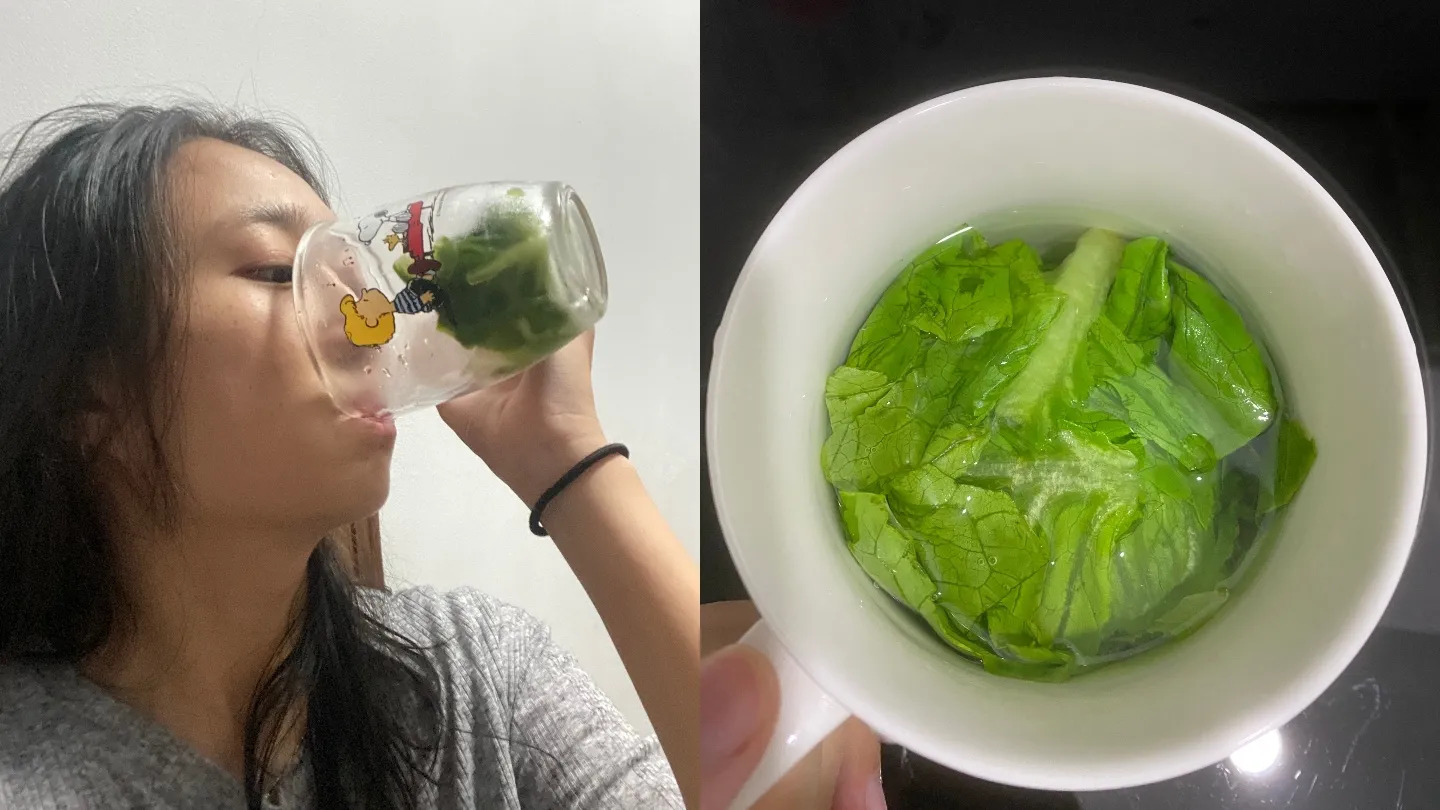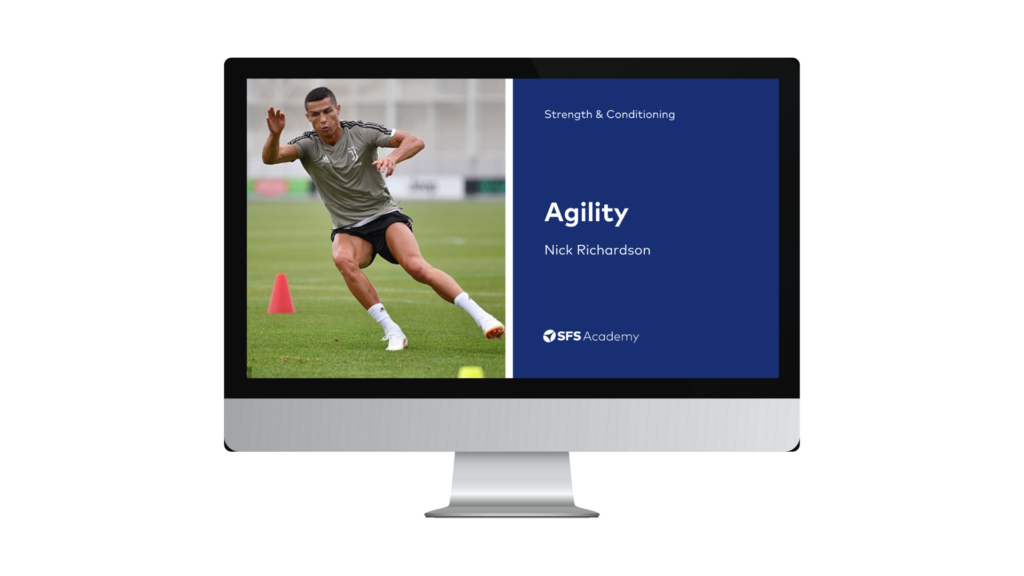This week in the world of sports science, here’s what happened…
- Does lettuce water help you sleep better?
- Do wrist wraps improve bench press performance?
- Is curcumin an effective supplement for aiding recovery?
Does lettuce water help you sleep better?

In 2021, a trend emerged on TikTok involving the consumption of lettuce water as a potential remedy for improving sleep quality. Recently, this trend has begun to resurface again on TikTok. The method involves boiling a quantity of romaine lettuce leaves, which is believed to release a compound known as lactucarium, purportedly contributing to a feeling of sleepiness.
While one study suggests that lettuce seed syrup may have beneficial effects for patients with breast cancer suffering from insomnia, the evidence supporting the claim that drinking lettuce water enhances sleep quality remains limited. Sleep expert Dr. Christopher Winter indicates that the quantity of lactucarium ingested from boiling four to five lettuce leaves is unlikely to significantly impact sleep quality. Therefore, while lettuce water may possess other health benefits, its promotion as a sleep aid on social media platforms is considered questionable at best.
If you are trying to improve your sleep why not check out our relevant blog 8 Powerful Tips To Help Your Athletes Sleep Better.
Do wrist wraps improve bench press performance?

Wrist wraps have gained significant popularity among both competitive lifters and recreational gym enthusiasts, particularly for the bench press exercise. Proponents of wrist wraps assert that they provide enhanced wrist stability, which consequently leads to improved bench press performance.
A recent study published in the Journal of Strength and Conditioning Research this month examined this hypothesis. The study involved 18 participants who were classified as “resistance-trained.” Each participant engaged in three separate one-repetition maximum (1RM) bench press testing sessions under three distinct conditions: without wrist wraps, with a stiff wrist wrap, and with a flexible wrist wrap. During each testing session, linear position transducers were utilised to capture power and velocity data associated with the bench press, while participants were also asked to subjectively assess their perceived stability and discomfort throughout the bench press.
The findings of the study indicated that neither the flexible nor the stiff wrist wraps had a significant impact on bench press strength or power. Additionally, participants reported higher levels of comfort when performing the bench press without wrist wraps. Nonetheless, despite the reduction in comfort, participants perceived a greater sense of stability when using wrist wraps.
While this study concluded that wrist wraps do not yield a measurable enhancement in bench press performance, they may still confer a placebo effect whereby individuals feel a greater sense of safety when utilising them. Let’s not completely discard wrist straps just yet, but don’t expect your bench press to soar if you start using them!
Is curcumin an effective supplement for aiding recovery?

A recent systematic review of the supplement curcumin has produced promising results. Curcumin, which is extracted from the turmeric plant, is recognised for its antioxidant and anti-inflammatory properties. Athletes frequently utilise it due to its proposed ability to mitigate muscle damage and reduce inflammation.
In this systematic review, eleven studies were meticulously evaluated, revealing encouraging findings regarding the efficacy of curcumin. The researchers identified that curcumin may significantly alleviate delayed-onset muscle soreness (DOMS) resulting from eccentric exercise. Furthermore, curcumin may contribute to a reduction in biomarkers associated with inflammation while enhancing antioxidant capacity, suggesting potential broader health benefits.
While the findings are promising, the researchers noted certain limitations, including the small sample sizes employed in the studies and the variability in curcumin formulations among the supplements analysed.
Additional research is warranted, particularly regarding the physiological mechanisms underlying curcumin’s effects, its efficacy in female athletes, and the optimal timing and dosage required to maximise post-exercise recovery. Nevertheless, this systematic review suggests that curcumin holds considerable potential as a recovery supplement. If you would like to learn more about DOMS, check out our highly informative blog by Dr. Tom Brownlee; Delayed onset muscle soreness (DOMS): What is it, and how can it be minimised?
From us this week:
>> New course: Energy System Development
>> New podcast: Bold Choices: Coaching with Impact
>> New infographic: Microdosing Versus Whole Session Plyometrics In Youth Football Players
>> New article: Hydrotherapy
Access to a growing library of sports science courses
SFS Academy is an all-access membership to premium sports science education.
With SFS Academy, you’ll learn from some of the best coaches around the world as they teach you how to apply the latest research and practice with your athletes.



